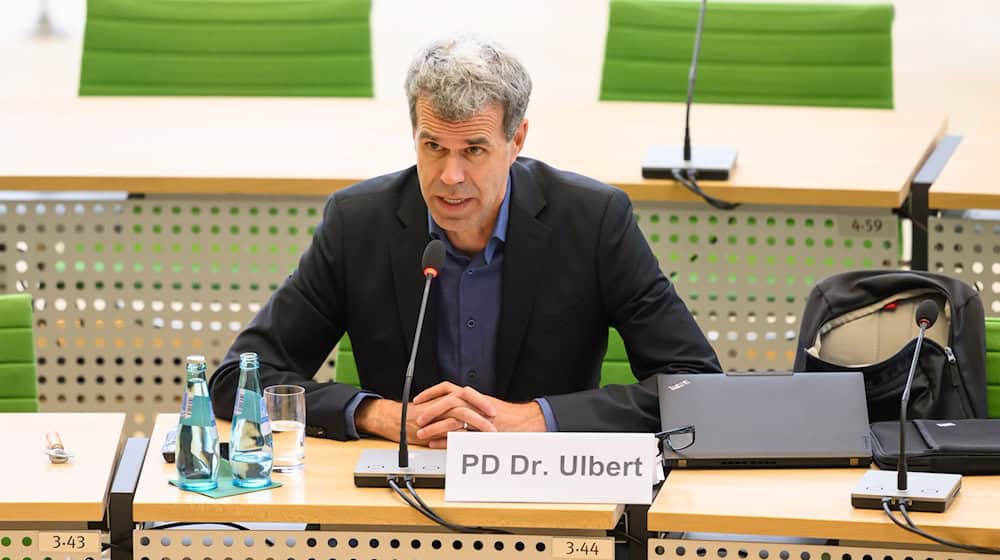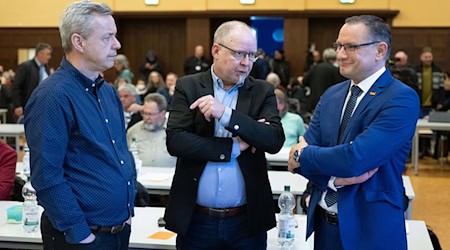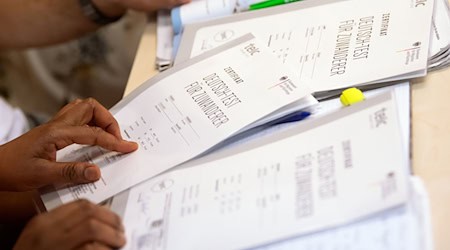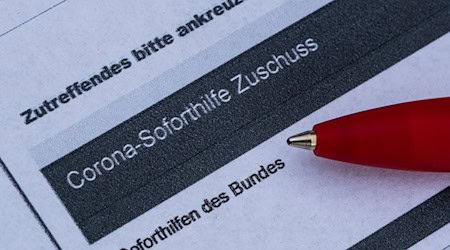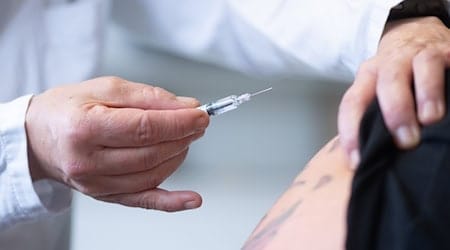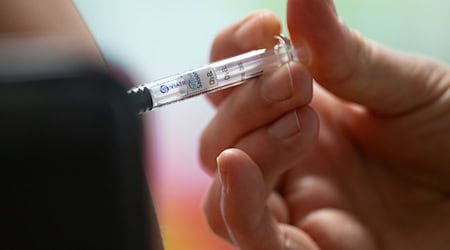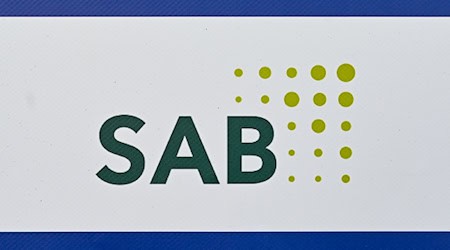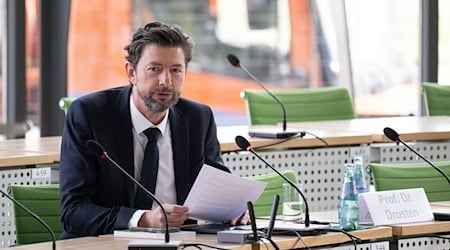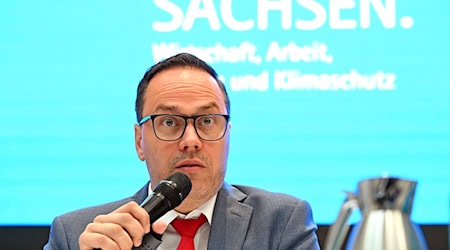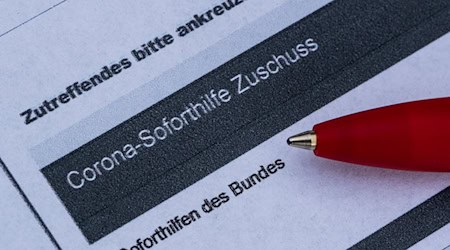In the Corona Investigation Committee in the Saxon state parliament, immunologist Sebastian Ulbert gave a positive assessment of the government's actions in the Free State of Saxony. "I perceived the actions of the Saxon government as very problem-conscious," said the deputy director of the Leipzig Fraunhofer Institute for Cell Research and Immunology. The cabinet had invited him for consultation just a few months after the start of the pandemic. Ulbert's impression is that the virus was taken very seriously at an early stage.
He has no criticism of the data collection in the Free State. Saxony was well involved in the research. Ulbert cited the Saxony-wide coronavirus field study SaxoCOV, in which the Fraunhofer Institute for Cell Research and Immunology in Leipzig was also involved, as an example. Coordination and collaboration with other research networks went well,
Deficits in vaccination communication in particular
Ulbert identified a need to catch up in the area of communication when preparing for the next pandemic. He described particular weaknesses in providing information about mRNA vaccine technology, which was already being used before the pandemic, especially in the field of cancer research. For experts, mRNA was not new, but for the general public it was. "It is very important to accompany such technologies with good communication that addresses the advantages and possible disadvantages," said Ulbert.
With regard to the course of the corona pandemic in Saxony, Ulbert pointed to districts that were among the top in Germany in terms of the number of cases with severe courses. The low willingness to be vaccinated there also had an impact on the course of the pandemic.
According to Ulbert, communication also played a role in this. "I don't think you have to communicate differently in Saxony than in other federal states," said the immunologist. But overall, in view of such drastic measures and the still new vaccine technology, more effort should have been made to make communication more comprehensible.
Committee to investigate Saxony's pandemic policy
The committee of inquiry was set up at the instigation of the AfD parliamentary group. It is to critically examine the work of the Saxon government in connection with the coronavirus in the period from 2019 to 2024. Since the start of the pandemic in Saxony in March 2020, around 17,750 people have died here as a result of Covid-19. In addition to the U-committee, a commission of inquiry is also looking into the pandemic in Saxony.
Copyright 2025, dpa (www.dpa.de). All rights reserved

